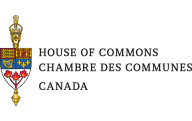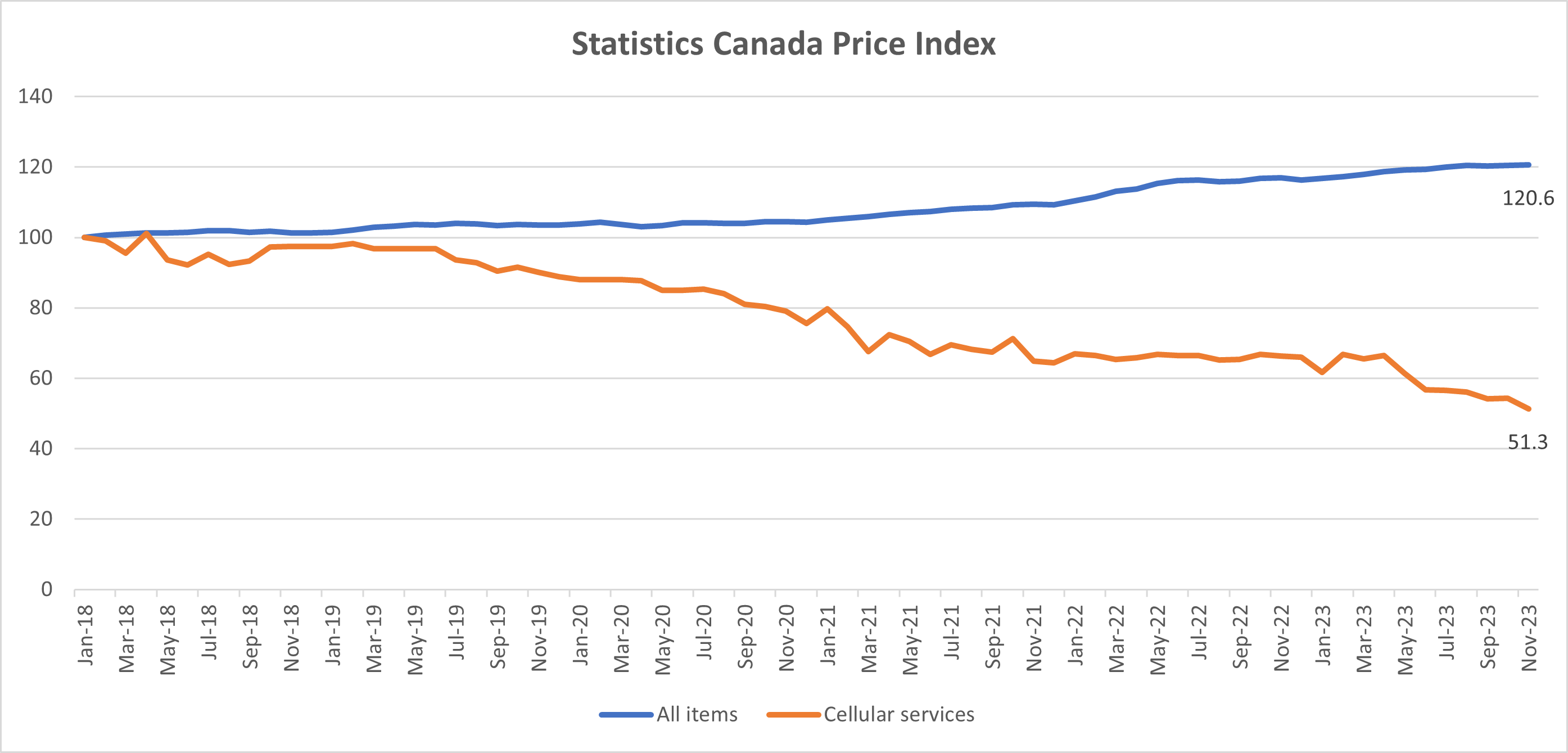Rewheel’s Digital Fuel Monitor is running on empty
Earlier this month, I wrote that Rewheel a consultancy based in Finland, had “released another misleading and problematic report” [see: Comparing prime rib with ground meat • November 5, 2020]. It turns out I wasn’t the only one concerned with the quality of the international price comparisons produced by the Finnish company.
Today, a group of 24 leading telecommunications academics, telecom policy experts and economists released a scathing review of Rewheel’s methodology, saying “the Digital Fuel Monitor by Rewheel/research is a prime example of misinformation on the Internet”.
As I have written before, a number of parties around the world have responded to Rewheel’s simplistic analysis in various regulatory fora through the years, warning that the examination of the state of competitiveness in a country is more complex than simply making up some averages and comparing them internationally, as has been Rewheel’s approach. As I wrote a few weeks ago, the International Center for Law and Economics referred to a previous Rewheel study as a “careless mish-mash of data points from which no reliable conclusions can be drawn.”
Today’s multi-author report [pdf] assesses Rewheel’s latest ranking method in detail and details the many ways it falls short.
The authors detail the factual errors and logical inconsistencies in Rewheel’s report, and once again conclude Rewheel’s approach is fundamentally flawed.
The strong consensus among the group of experts is to issue a warning about these unscientific studies, that mislead consumers, politicians, competition authorities, and policy makers. (In 2019, Canada’s Department of Innovation, Science and Economic Development (ISED) paid more than $30,000 to Rewheel.)
Given the many theoretical and practical flaws and errors contained in the Rewheel study, we find it of no value when comparing prices internationally or establishing the level of competition in a country. A warning label informing readers about the lack of intellectual rigor and the misleading and incorrect nature of the Rewheel study’s results is appropriate and recommended.
According to the authors, “The Rewheel story is easy to understand. It is also completely wrong.” Further, “Rewheel’s rankings are of no value in comparing prices and assessing the level of competition in wireless markets.”
“Rewheel’s assumptions are unsupported and create distorted rankings.” Rewheel has developed a following, with sensationalist headlines generated from its ‘freemium’ business model reports, enticing various bodies to invest tens of thousands of dollars in its complete reports.
As with much of the information on the Internet, Rewheel follows the freemium model. That is, it publishes attention grabbing headlines and some colorful charts for free, but anyone seeking to understand more about the derivation of the data must pay Rewheel’s fees for the full content.
Like much misinformation circulating on the internet, it is tough to eradicate it. The authors suggest that perhaps it is time for social media outlets to apply one of their warning labels to those retweeting Rewheel’s flawed reports.
Regardless, it is time for Canada’s policy makers and regulatory authorities to relegate Rewheel’s reports to the level of obscurity they so richly deserve.
It appears the Digital Fuel Monitor has once again been shown to be running on empty.
| Authors | |
|---|---|
| Academics | Experts |
| James Alleman, Ph.D., University of Colorado Boulder | Christian Dippon, Ph.D., NERA Economic Consulting |
| Teodosio Pérez Amaral, Ph.D., Universidad Complutense de Madrid | Aniruddha Banerjee, Ph.D., Independent Consultant |
| Jeffrey Church, Ph.D., University of Calgary | Gaël Campan, Ph.D., Montreal Economic Institute |
| Bronwyn Howell, Ph.D., Victoria University of Wellington | Robert Crandall, Ph.D., Technology Policy Institute |
| Jerry Hausman, Ph.D., Massachusetts Institute of Technology | Eric Fruits, Ph.D., International Center for Law & Economics |
| Justin (Gus) Hurwitz, J.D., University of Nebraska | Geoffrey Manne, J.D., President, International Center for Law & Economics |
| Mark Jamison, Ph.D., University of Florida | Georg Serentschy, Ph.D., Serentschy Advisory Services |
| Seongcheol Kim, Ph.D., Korea University | |
| Roslyn Layton, Ph.D., Aalborg University | |
| Stanford Levin, Ph.D., Southern Illinois University Edwardsville | |
| Daniel Lyons, JD, Boston College | |
| Petrus Potgieter, Ph.D., University of South Africa | |
| Paul Rappoport, Ph.D., Temple University | |
| Lester Taylor, Ph.D., University of Arizona | |
| Dennis Weisman, Ph.D., Kansas State University | |
| Jason Whalley, Ph.D., Northumbria University | |
| Xu Yan, Ph.D., Hong Kong University of Science and Technology | |

 Parliamentarians on the Standing Committee on Industry and Technology (INDU) have mustered faux outrage in their undertaking of a study on
Parliamentarians on the Standing Committee on Industry and Technology (INDU) have mustered faux outrage in their undertaking of a study on 